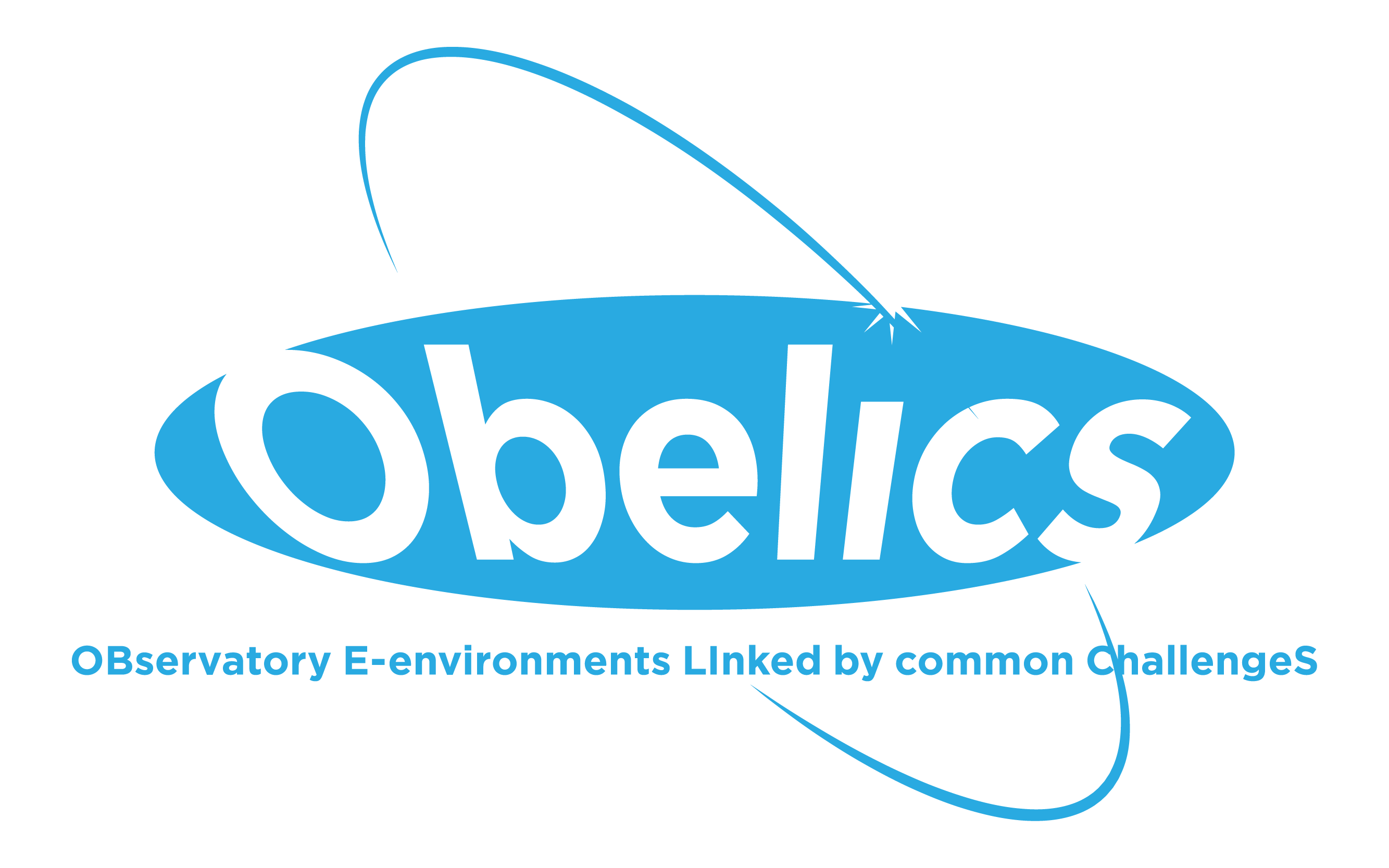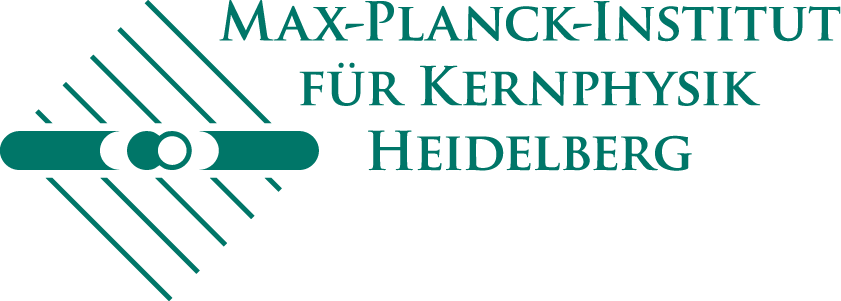
ASTERICS-OBELICS PyGamma19 - Python and open data for gamma-ray astronomy
Python-based tools are increasingly gaining acceptance and importance in astronomy. At the same time, the clear trend is towards interoperable and open data. The goal of this meeting is to discuss the status and prospects for gamma-ray astronomy and related fields.
The meeting takes place from Monday, March 18, 2019 noon to Friday, March 22 noon at the MPI for Nuclear Physics in Heidelberg, Germany.
"Registration" is open, see the "Travel and Accommodation" page.
"Call for abstracts" is also still open, we hope to finalise the program soon.
A preliminary Contribution list and Timetable is available here on Indico.
If you have any questions, please contact us any time.
We invite presentations that describe the design, scope, status, plans and challenges of open-source Python codes in gamma-ray astronomy such as e.g. Gammapy, ctools, ctapipe or km3pipe, as well as more general Python packages that are also used in gamma-ray astronomy such as e.g. Astropy, Sherpa, 3ML and Naima.
Other topics were collaboration and interoperability can be fostered are well-defined, possible even shared, high-level data models and formats. The gamma-astro-data-formats effort was started at PyGamma15 and has seen some limited adoption in prototypes in the IACT community since, but no "standard" has emerged so far. We'd like to invite presentations on the data model and formats in use from existing and planned gamma-ray telescopes such as e.g. CTA, Fermi, H.E.S.S., VERITAS, MAGIC, HAWC or INTEGRAL.
We also welcome presentations that give an overview and share experiences concerning high-level science tools and data from adjacent astroparticle and astrophysics fields. It would also be good to have a few deep-dive technical presentations on scientific computing with Python and Numpy, or newer technologies like Numba, Dask, Cupy, Pytorch or Tensorflow that show great potential or already are used for astronomical data analysis. Two specific topics we'd like to cover, because there is a direct need and potential for collaboration on basic functionality needed by several projects, are HEALPix and the in-development astropy-healpix, as well as a discussion on status, issues and possible improvements concerning optimisation, modeling & fitting in Python.
Please note that this is not a school, no hands-on tutorials are planned. We hope that every participant, from the student to the expert level, will gain a deeper understanding of what exists, and that the discussions and connections at PyGamma19 will give a boost to Python and open data in gamma-ray astronomy.
- Program organisation: Christoph Deil, Catherine Boisson, Florian Gaté, Jeremy Perkins, Kay Graf, Karl Kosack, Petra Hüntemeyer, Thomas Robitaille
- Local organisation: Ruth Crespo, Roberta Zanin, Axel Donath, Jason Watson, Christoph Deil, Jayesh Wagh

Who is organizing this workshop: This workshop is co-organized by MPI for Nuclear Physics in Heidelberg, Germany and CNRS-LAPP. This workshop is organized in the framework of OBELICS (Observatory E-environments LINked by common ChallengeS) work package of H2020-ASTERICS project.
H2020-ASTERICS: the Astronomy ESFRI and Research Infrastructure Cluster, ASTERICS, is a Research Infrastructure funded by the European Commission's Horizon 2020 framework. ASTERICS aims to address the cross-cutting synergies and common challenges shared by world class Astronomy ESFRI Facilities such as SKA, CTA, KM3NeT, LSST, LOFAR, EUCLID, EGO & ELT.
For more information visit https://www.asterics2020.eu/
 OBELICS: OBELICS stands for OBservatory E-environments LInked with common ChallengeS. OBELICS is one of the workpackages of H2020-ASTERICS. It aims at enabling interoperability and software re-use for the data generation, integration and analysis of the cluster of ESFRI and pathfinder facilities in Astronomy and Astroparticle Physics.
OBELICS: OBELICS stands for OBservatory E-environments LInked with common ChallengeS. OBELICS is one of the workpackages of H2020-ASTERICS. It aims at enabling interoperability and software re-use for the data generation, integration and analysis of the cluster of ESFRI and pathfinder facilities in Astronomy and Astroparticle Physics.





